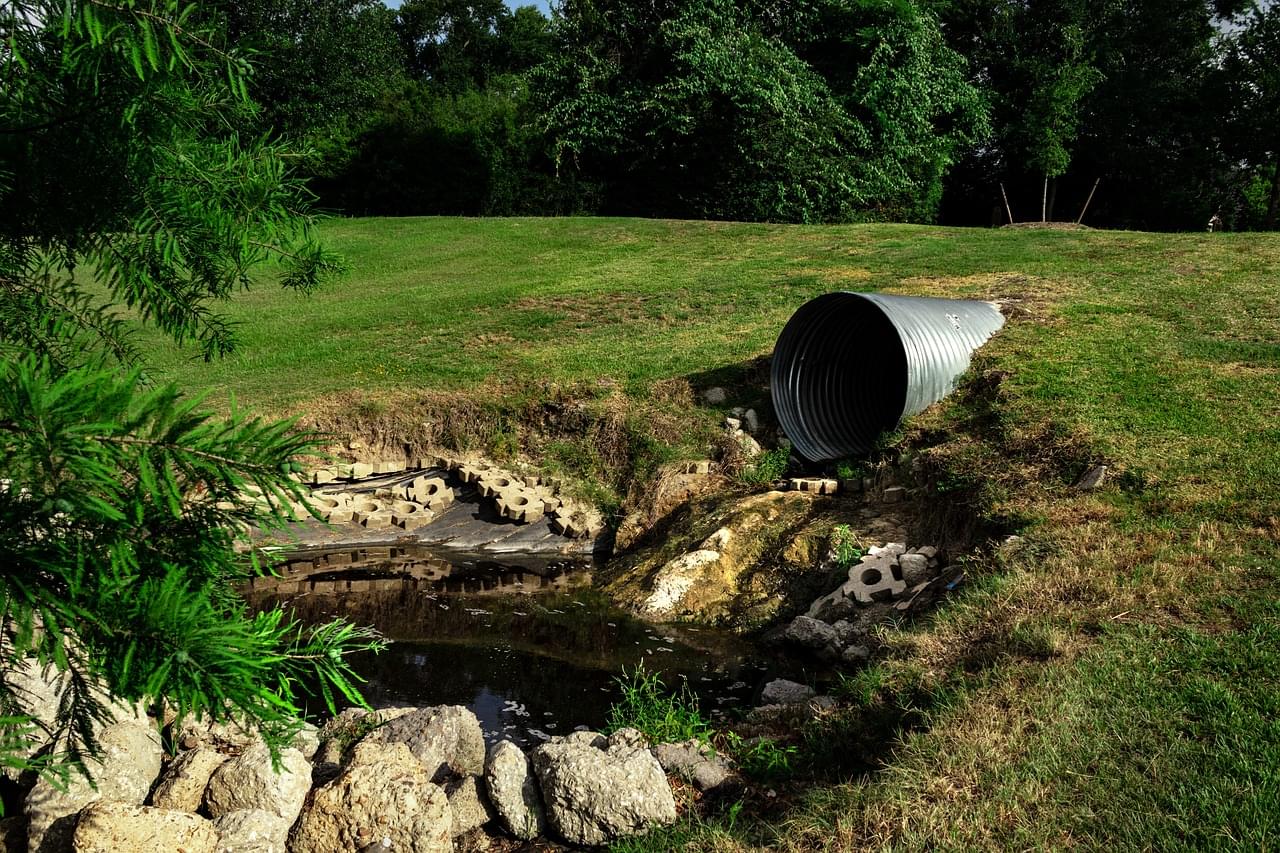Some solid materials can cool down or heat up when pressure is applied or released. This behavior enables cooling and heating technologies that do not rely on climate-damaging refrigerant gases. In practice, however, a major obstacle remains: many materials behave differently during heating and cooling, which makes their response difficult to use reliably in real devices. In a study published in the journal Communications Materials, researchers investigate a solid material known for its exceptionally large cooling/heating response (thermal response) under pressure and ask a simple question: can this response be made more reliable? They show that a very small change in composition leads to a clear improvement and use neutron experiments to explain why this improvement occurs.





